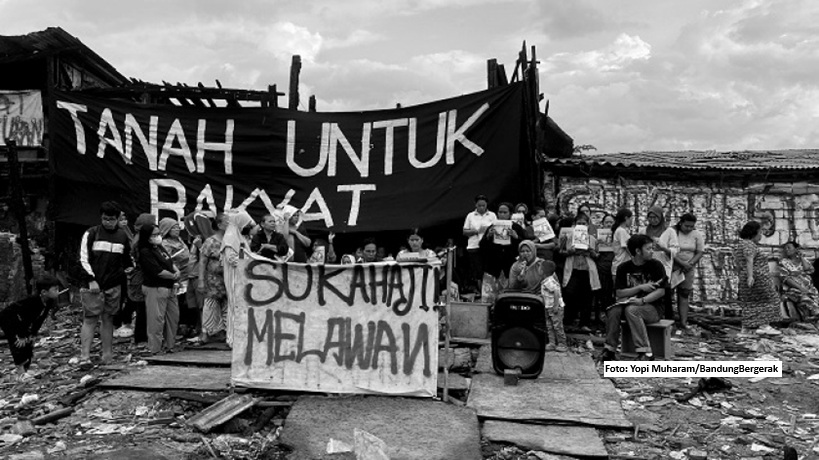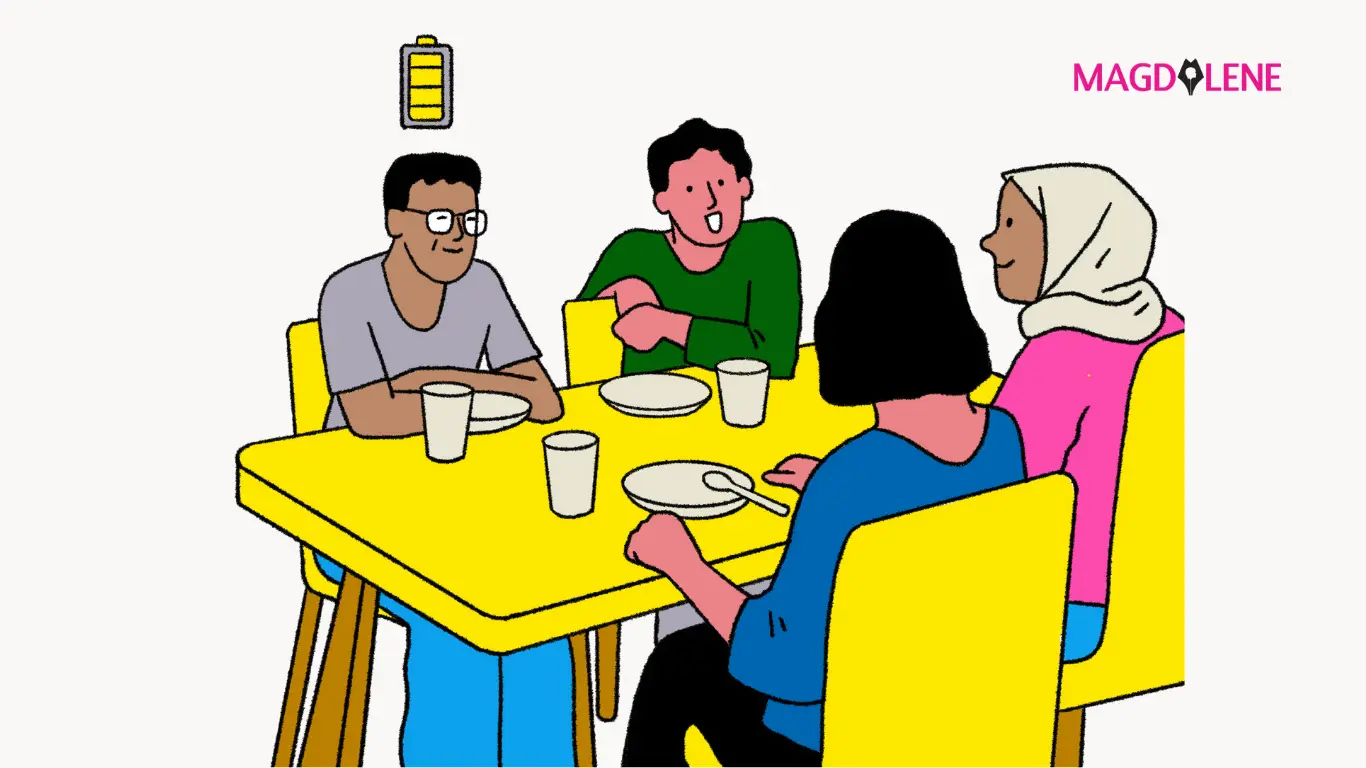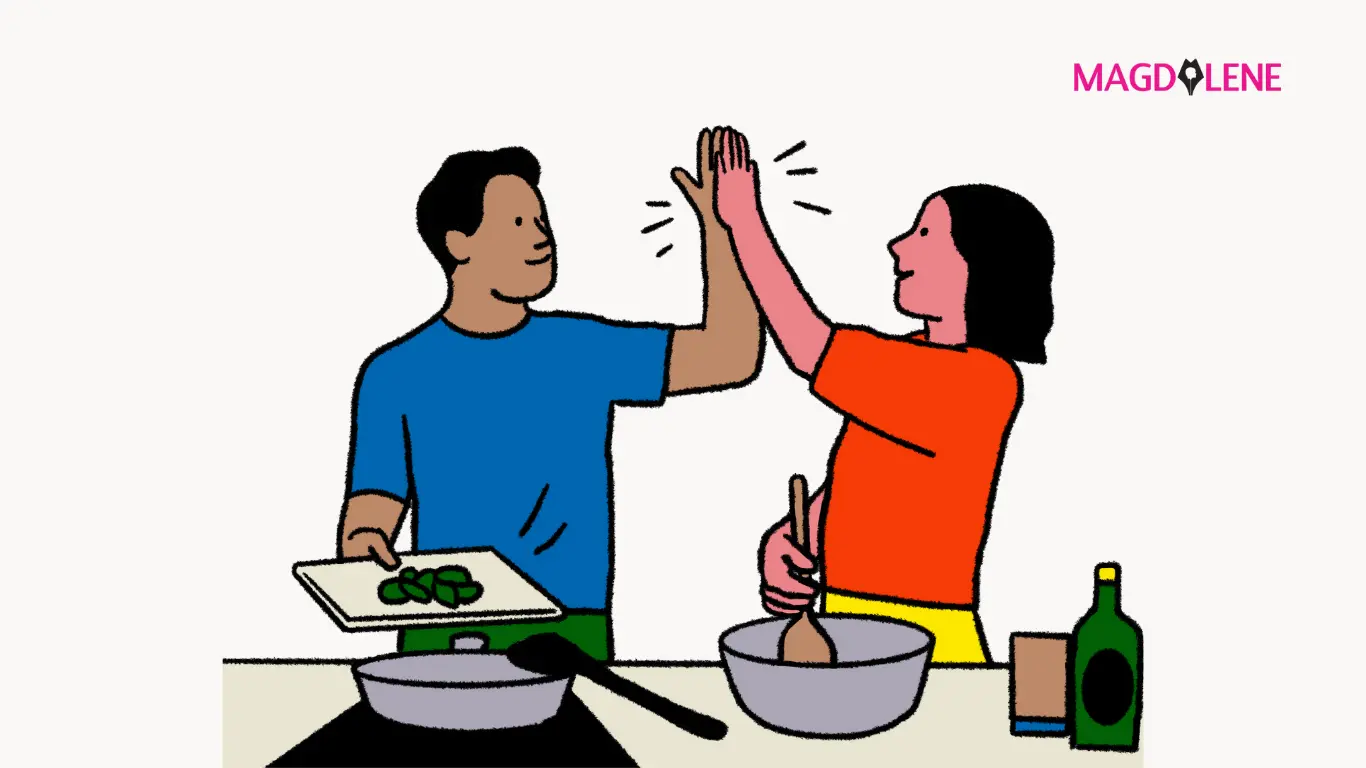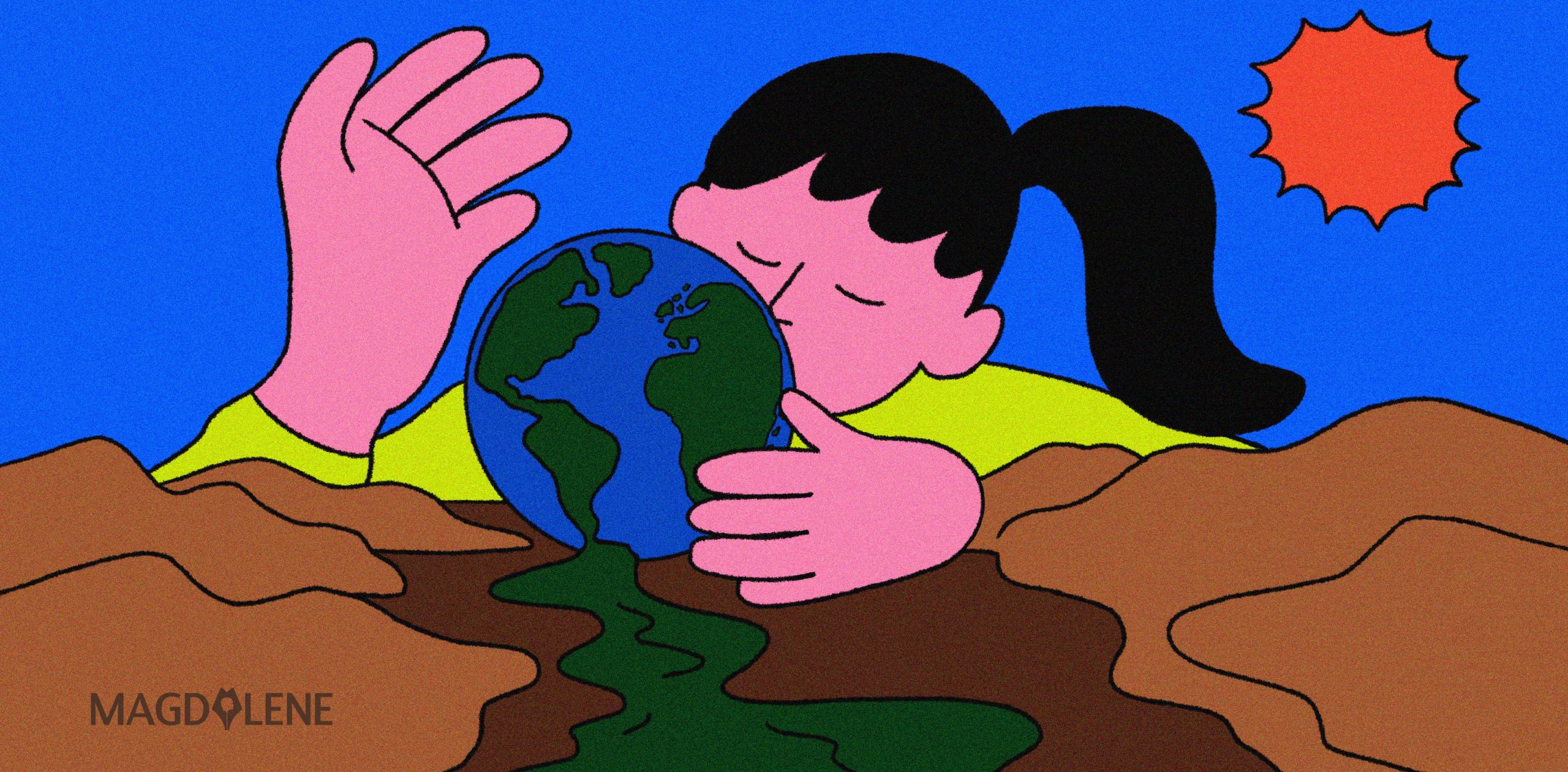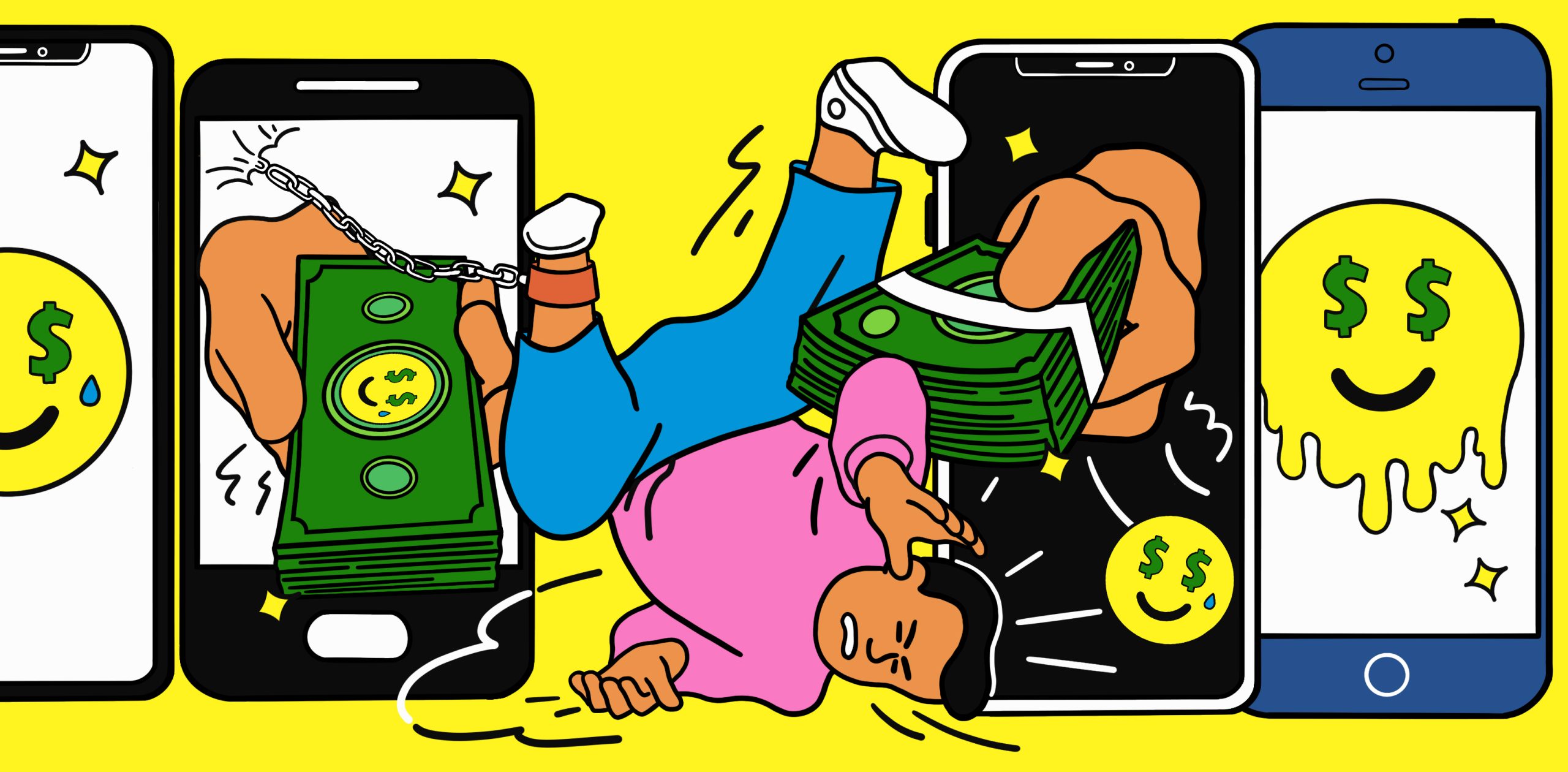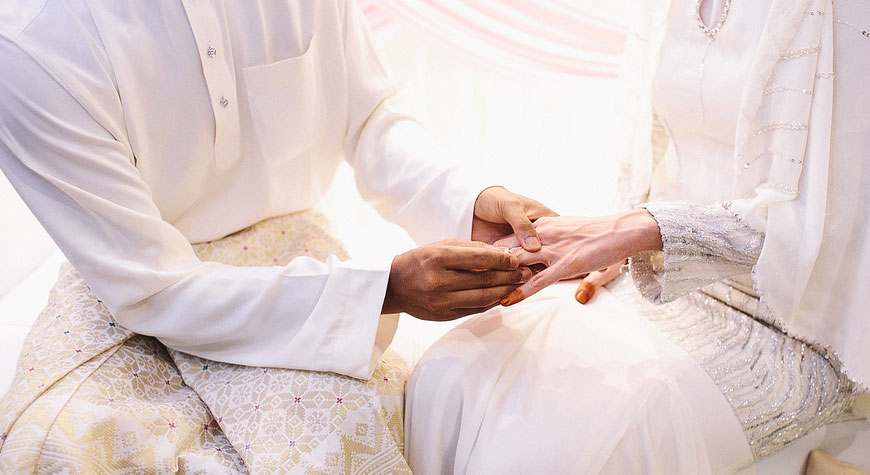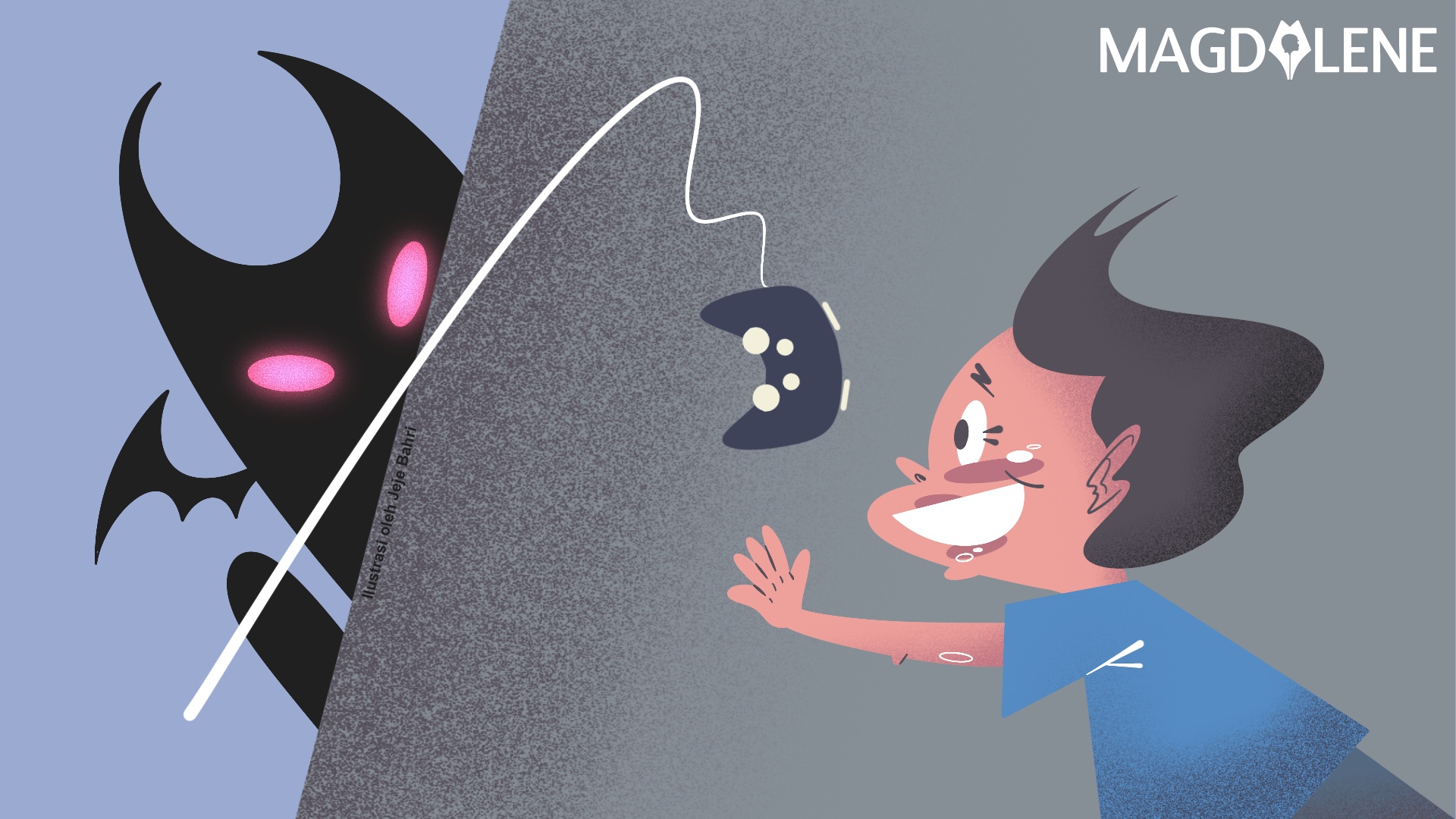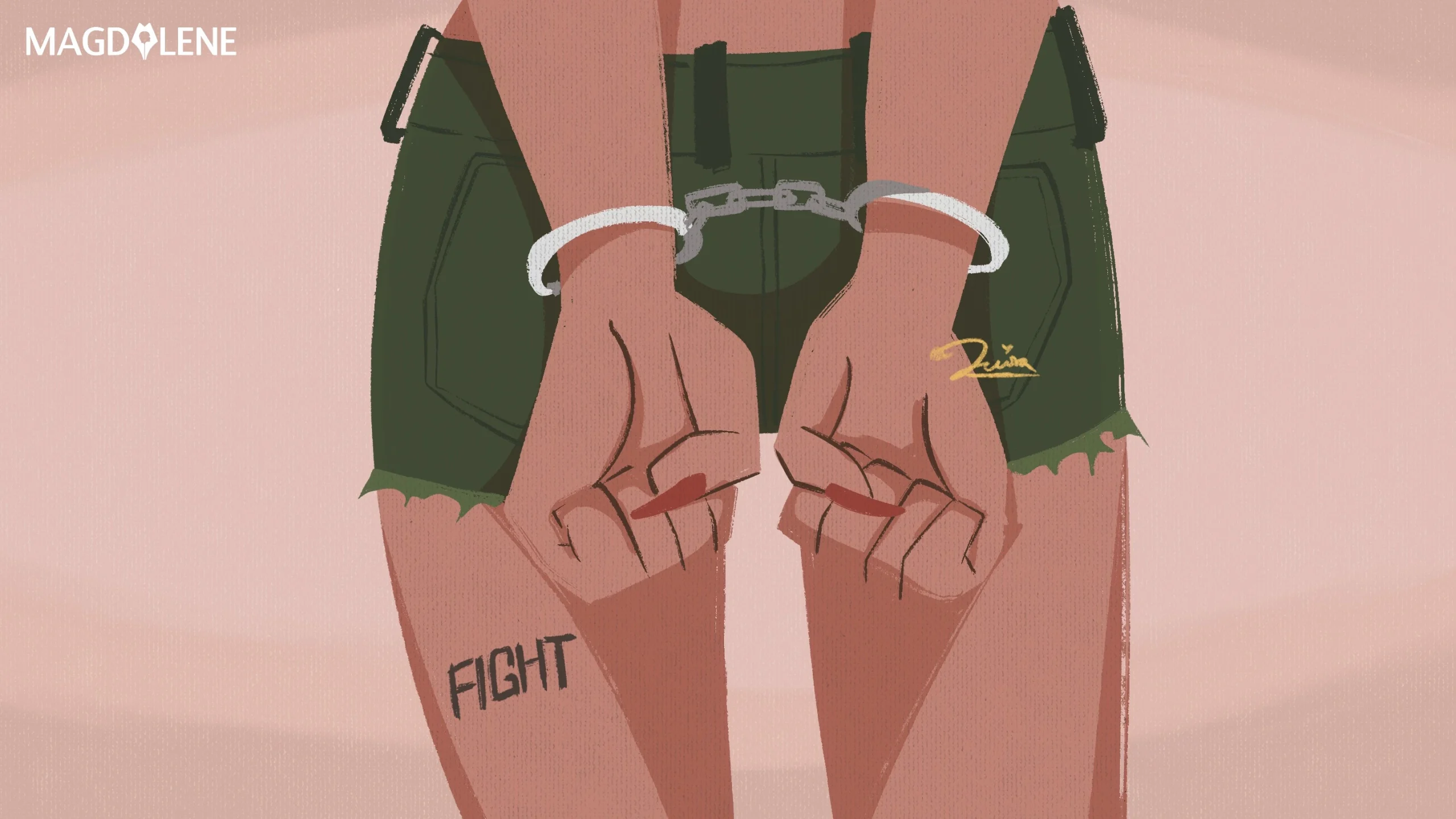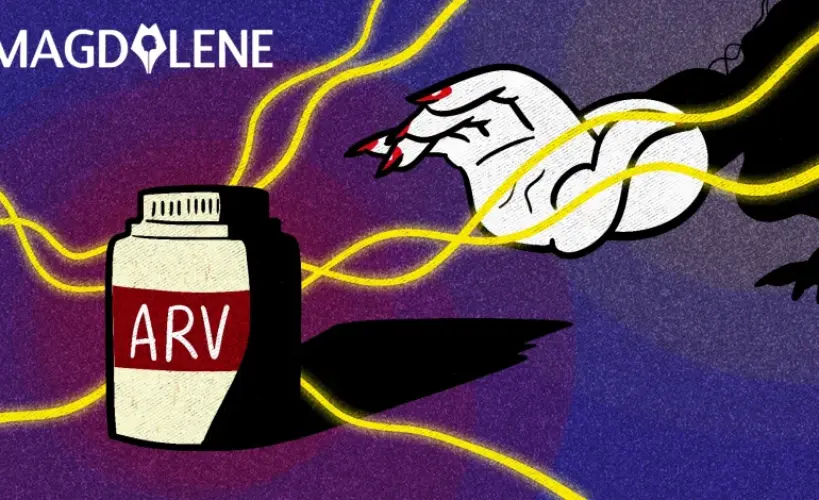Facebook Meanies: Time to Unfriend Them
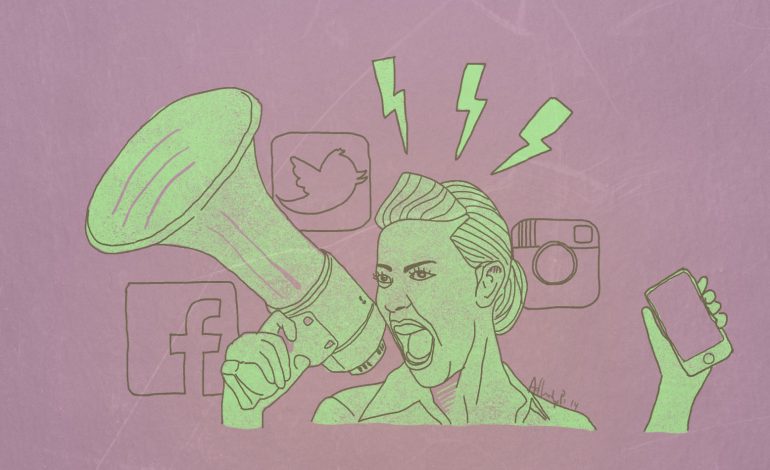
If you’re Indonesian or living in this country and an active user of social media, you probably feel like you’ve been exposed to too much politics lately.
In the past few months, you might have already untagged your name from a political campaign picture, got involved in a heated online argument over some presidential election-related issues, and unfriended or blocked a few people you find unbearable.
I did the latter recently, and, ironically, the person I blocked was supposed to be on my side of politics who supports my candidate. She also has an obnoxious online persona, and she has morphed (as many of her friends have observed) over the past few months into – for a lack of better term – a crazy Facebook woman. More than politics, however, I blame her craziness on the impact of living in a bubble that is the social media realm.
True, this presidential election has been so divisive; it has broken friendships, ruined reputations and revealed the true colors of many. And, I admit, I can’t pretend to like a person whose politics is all screwed up (I’m sorry, tea-partiers and religious militants), but I generally tolerate everyone online as long as they don’t cross the line.
This crazy Facebook woman was a different breed than the usual politically misguided, however, and one day, I just had enough of her.
I found that I could no longer read her nasty and hostile Facebook posts vaguely aimed at me (or my friends) without feeling anger welling up inside. And I did not want to spend my precious time thinking about ways to put a totally unreasonably person right.
Joyless Bundle of Vitriol
Think of the usual assortment of online undesirables: the angry chip-on-their-shoulder type, the holier-than-thous who think they are better than everyone, the entitled grumps who complain about everything, and the narcissists who believe no one is more important in the world than themselves.
Now blend them all together and, voila, you get a holier-than-thou angry and grumpy narcissist. But here’s the worst part: she rabidly attacks people in her social network without naming them, and she retracts or denies her statements when confronted.
This was not the usual light sarcasm directed at those persistent inviters of Candy Crush. These were crude venoms spewed out apparently at specific person(s) in the coward way of someone who yells abuses at somebody on the street from the safety of her own balcony.
She has the quality of a loose canon like those combative ones who are always ready to pounce on any post with their contrarian comments, except she hides behind “no-mention” statuses that make her sound like a hormonal 14-year old, instead of the 40-something woman that she is.
I mostly knew her online (she added me on Facebook and later Path because we had mutual friends) and we only physically met once. In recent months, I’d noticed that she ridiculed everyone for doing things she did not approve of – simple things that normal people do, like going to an exhibition or posting photos of their holiday overseas. I thought, then, if she didn’t like what these people did on their own timelines, why not just unfriend them instead of making sarcastic remarks to belittle them. Still, I kept my virtual mouth shut.
But as the presidential campaign heated up, so did she, and she began to zealously promote her candidate in her social network. This, too, was fine with me, until she launched verbal attacks on people who did not show the same zeal as her – people like journalists (her former profession) who actually have to maintain political neutrality in public forums like social media. And that’s when I entered the picture, the fool who believes some people can be reasoned with.
I posted a humorous meme on my timeline and reminded people that while it’s OK to be political, they should not judge those who chose to remain neutral.
That post unleashed the monster in this woman. She literally turned feral, writing things that could be construed as attacks against me, though without naming me (I’m not imagining things, I’ve consulted our mutual friends, and they agreed that they were “directed” against me).
I commented on her post once to ask why she was so angry, and she denied it was me she was talking about, but then deleted the post altogether. The second time she was accusing people of being angry on Facebook, I reminded her that it was she who was actually so inflammatory all the time. She didn’t reply, and instead posted a new status criticizing what I had just done. Other friends who tried to reason with her were rebuked, their comments subsequently deleted.
So I decided to ignore her as she continued fighting a battle that only existed in her own head.
At first it was just unbelievably irritating, and then it got absurdly hysterical. But when it became more and more personal (and totally irrelevant), it started to bother me for two reasons: firstly, her sneering at certain unnamed people in her posts was unfair to people she targeted who weren’t really given a space to respond (plus, she would eventually just delete our comments anyway); and, secondly, having been confronted, she would then just heighten the verbal attacks in her next posts.
I did not want to engage in a battle of nyinyir, which is an Indonesian word for the quality of being petty and crudely sarcastic. Each time I wanted to respond to her snide post, I took a deep breath and told myself it wasn’t worth it.
I knew I wasn’t the one with the problem – she was.
Are We Getting Meaner?
She was definitely the worst person I’d ever encountered on any social media platforms, even worse than the religious fanatic ex-colleague whom I unfriended many years ago. But she is just a product of our time, apparently. Scientists studying the negative impacts of social media overuse found that reduced human interactions increase cyber bullying, narcissism, depression and other mental health issues.
A research from the authors of Crucial Conversations found that social networks are becoming increasingly hostile, with 78 percent of users reporting rising incivility online and two in five blocking, unsubscribing or unfriending someone over an argument on social media. The online survey also suggested that contentious conversations online tend to spill over into real life.
Perhaps it’s because social media is so addictive. A Chicago University research team concluded that Twitter, for example, is harder to resist than cigarettes and alcohol. Using BlackBerry to gauge the willpower of 205 people aged 18 to 85, the study found that “self-control failure” is higher with social media than with alcohol or cigarettes.
People like my crazy Facebook ex-friend seem detached from reality when they’re online. Their judgment clouded, they’re impervious to the consequences of their online activities in real life.
Eventually, as she grew nastier, I realized she was just a cyber bully, and we allowed her to be like that because we were too embarrassed or had too much decency to engage in her childishly expressed hostility.
That’s when I knew it was time to quit her. She doesn’t need a voice of reason; she needs help, something psychological, probably along the line of a behavioral modification therapy.
But I had to have the last word, so I gave her the virtual and verbal version of my middle-finger, and gave her time to read it before unfriending her. She can be as nyinyir as she wants to be now, but I definitely won’t be there to read it.
Follow @dasmaran on Twitter.






